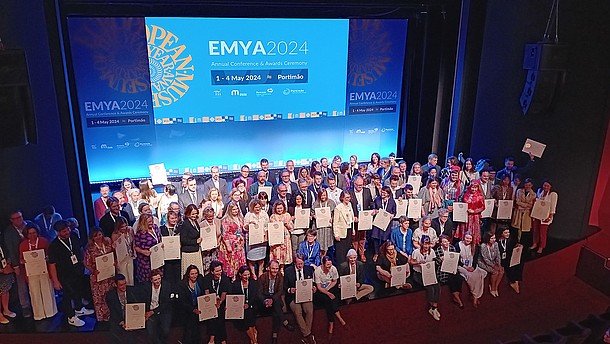Museums and Human Rights explains the different categories of rights (civil and political, economic, social and cultural), but emphasises that these should not be seen as entirely separate, as rights are inseparable. People’s cultural rights – to participate in cultural life, share in scientific advancement, freedom of expression and to seek information, and to education – are also fundamentally connected to their abilities to take part in wider social and political life.
The guide explores some of the most important international agreements, which often include specific mentions of cultural activity and in some cases specifically mention museums. The guide highlights some of the ways that museums can contribute more effectively to these agreements, through education, cultural participation, management and partnerships.




